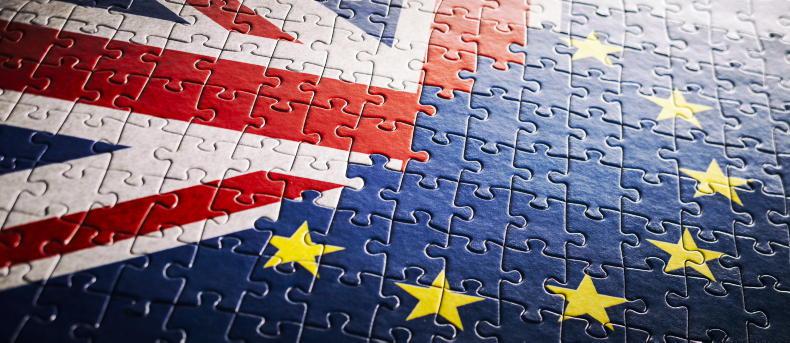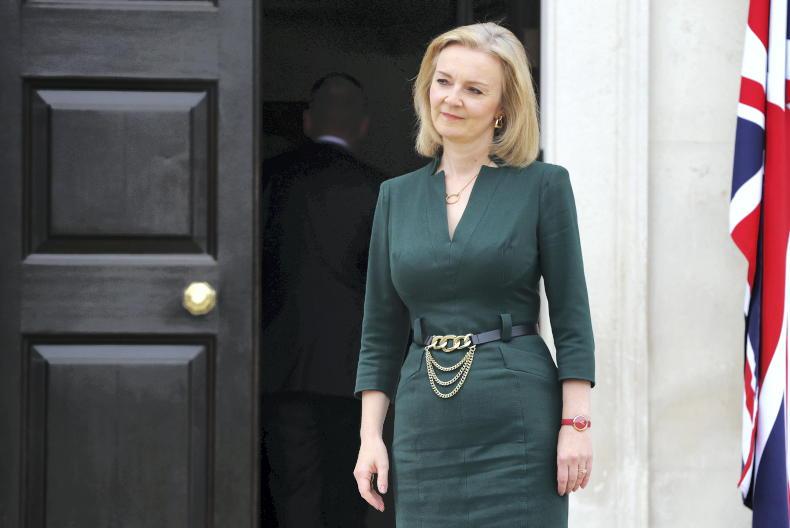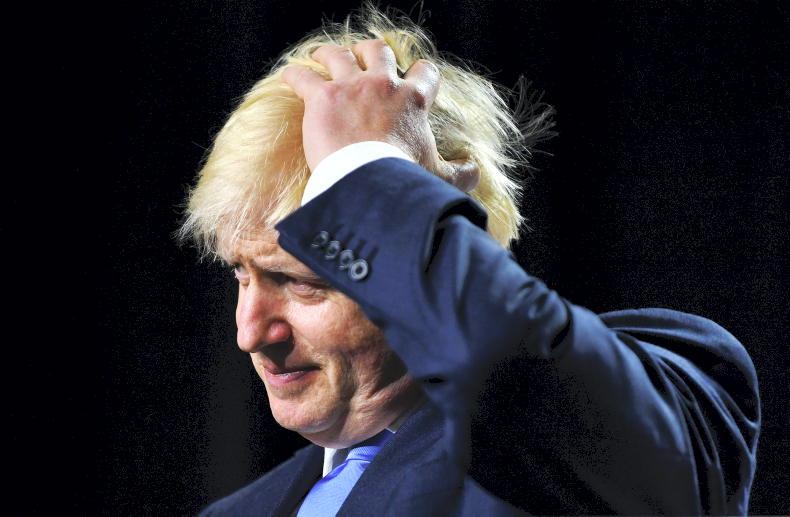The latest Brexit “crisis” is triggered by an instruction from the minister in charge of port inspections, Edwin Poots, to order Protocol checks on goods entering Northern Ireland from Britain.
On Thursday morning it appeared that it was business as usual with staff continuing to carry out inspections but irrespective of enforcement, the political intent is clear.
In reality this is just the latest in a series of Brexit crises. Before Christmas it was the threat of the UK using Article 16 to suspend the Protocol.
Again, while this generated much media coverage, the practical reality is that even if it had been triggered, it would have merely meant nothing happening while the talking continued.
The reality is that for farmers either side of the border on the island of Ireland, there has been no Brexit impact.
It is very different in Britain for exporters to the EU as the cost of Brexit bureaucracy makes it impossible to continue export business.
Irish exporters came close to this with the UK introducing border controls beginning on 1 January but Irish exporters are excluded for the duration of protocol discussions.
The problem now is that with every crisis passing without the worst-case scenario happening, there is a Brexit fatigue issue. That means that despite the real risk to farmers, everyone is just inclined to shrug their shoulders and say it will never happen. It hasn’t so far, but doesn’t mean it couldn’t.
If the protocol implementation cannot be agreed between the EU and UK, then the reality is that the EU has to decide if it is comfortable with one of its borders being open. The only way that it can close that border is to either have an implementation process on goods crossing the Irish border itself or else allow the Republic of Ireland participate in the UK single market and have Protocol-type controls at the Irish ports that ship direct to the continent.
The worst-case scenario of all is that the EU walks away from the Trade and Co-operation agreement. That would mean full tariffs and disaster for Irish farmers and exporters, particularly in relation to beef and cheddar.
This would be a nightmare for Ireland but actually for many EU countries it would have negligible effect. As the graphics above illustrate, seven EU countries would pay 83% of tariffs, the biggest being Ireland, and that is because of beef and cheese exports carrying a particularly high tariff. That means that 20 countries would pay just 17% of tariffs on trade with the UK so in effect Brexit tariffs wouldn’t really matter to them.
This is what farmers have to try and keep in front of Government as they decide what to do with the Brexit Adjustment Reserve (BAR) fund.
Rising prices and non-implementation of controls have meant that so far Brexit has had no effect. That is welcomed but can never be assumed that it will always be that way.
Every time there is a Brexit crisis, there is always a risk that a chain of events could be triggered that end up in the worst case scenario even if it has been avoided to date.
As always, hope for the best but prepare for the worst.









SHARING OPTIONS